Central Asia and EU adopt landmark declaration on strategic partnership in Samarkand
The declaration highlights the decision to enhance relations in light of the evolving global and regional geopolitical landscape.
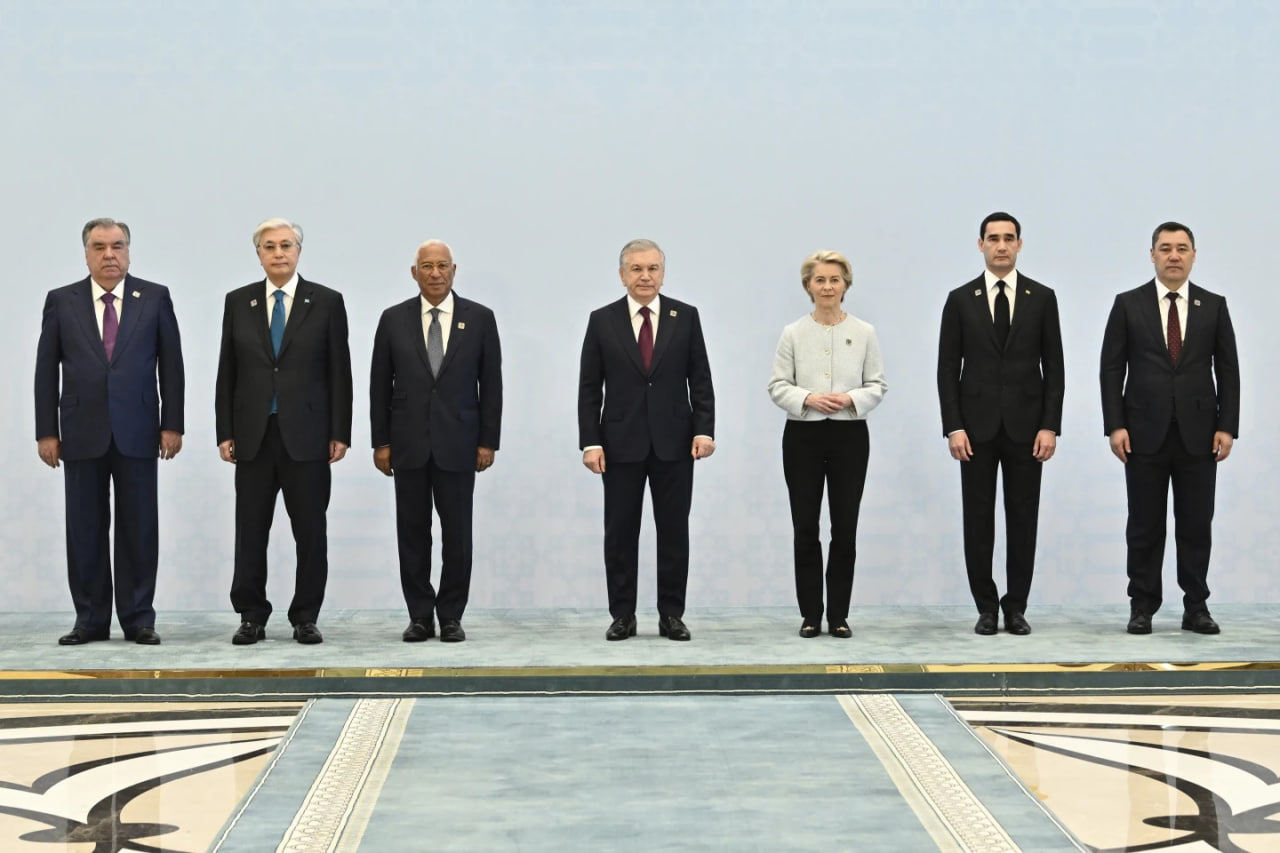
Photo: Presidential press service
On April 4, during the first-ever “Central Asia-EU” summit held in Samarkand, Kazakhstan, Kyrgyzstan, Tajikistan, Turkmenistan, Uzbekistan, and the European Union (EU) adopted a declaration on strategic partnership, according to the European Council.
The declaration emphasizes the shared commitment to strengthening relations by taking into account the global and regional geopolitical landscape.
The parties affirmed their full cooperation in pursuit of peace, security, and democracy. They underlined the importance of respecting international law, including the United Nations Charter and its fundamental principles, as well as the independence, sovereignty, and territorial integrity of all states within their internationally recognized borders.
It was emphasized that all states must refrain from the threat or use of force in international relations, respect international humanitarian law, and resolve conflicts through peaceful means.
Leaders reiterated their support for a secure, stable, and prosperous Afghanistan governed by an inclusive administration that respects the human rights and fundamental freedoms of all its citizens, including women and members of ethnic and religious minorities.
Central Asian countries and the EU also agreed to continue cooperation to prevent the circumvention of sanctions.
The European Union welcomed the increased regional cooperation among Central Asian leaders through regular consultative meetings and expressed its readiness to support future efforts toward regional integration.
The parties agreed to regularly organize economic events, including a Central Asia – EU Economic Forum.
The EU and Central Asian states reaffirmed their commitment to strengthening sustainable transport connectivity. They agreed to support the Coordinating Platform for the Trans-Caspian Transport Corridor and key infrastructure projects along the route.
Leaders committed to intensifying efforts to combat climate change, biodiversity loss, and environmental pollution. The EU welcomed the decision of all Central Asian partners to join the Global Methane Pledge.
The parties also agreed to continue introducing innovations in water-energy cooperation to preserve and efficiently use water resources. Strengthened collaboration to improve the situation in the Aral Sea region and the broader Aral Sea basin was highlighted.
In the context of EU–Central Asia relations, emphasis was placed on freedom of expression and guarantees for civil liberties, fostering an enabling environment for civil society and independent media, protection of human rights defenders, as well as respect for the rights of women, children, and workers. The EU reaffirmed its readiness to support these areas.
Recommended
List of streets and intersections being repaired in Tashkent published
SOCIETY | 19:12 / 16.05.2024
Uzbekistan's flag flies high on Oceania's tallest volcano
SOCIETY | 17:54 / 15.05.2024
New tariffs to be introduced in Tashkent public transport
SOCIETY | 14:55 / 05.05.2023
Onix and Tracker cars withdrawn from sale
BUSINESS | 10:20 / 05.05.2023
Latest news
-
Fake traders scam people in Uzbekistan with promises of 25x returns in one hour
SOCIETY | 18:25
-
Uzbekistan boosts electricity exports amid ongoing outages
SOCIETY | 16:58
-
Ecological Party questions legality of tree cutting and construction in Tashkent’s Mirabad district
SOCIETY | 16:56
-
UAE eases driving regulations for tourists from Uzbekistan
SOCIETY | 16:55
Related News
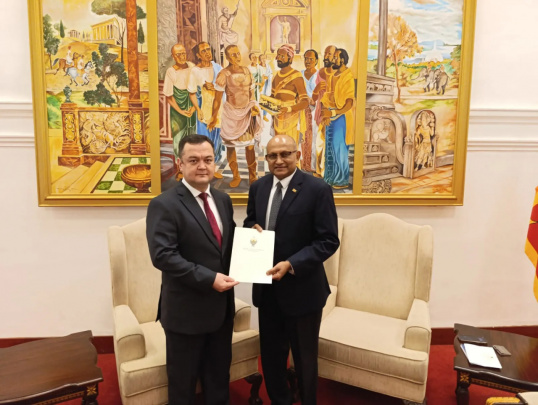
13:32
Uzbekistan appoints its first ambassador to Sri Lanka
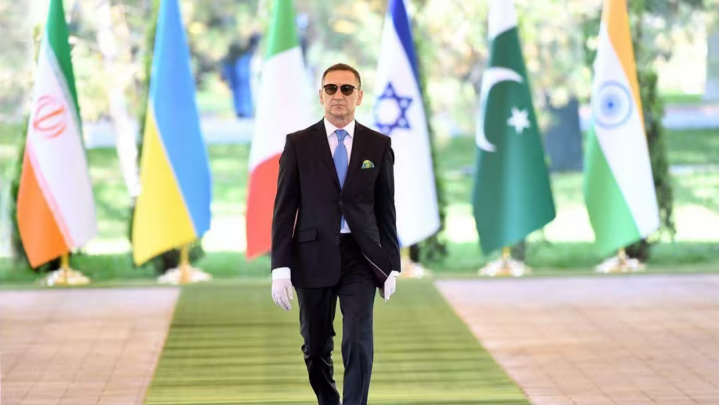
17:37 / 21.07.2025
Zelensky recalls ambassador to Uzbekistan as part of diplomatic rotation
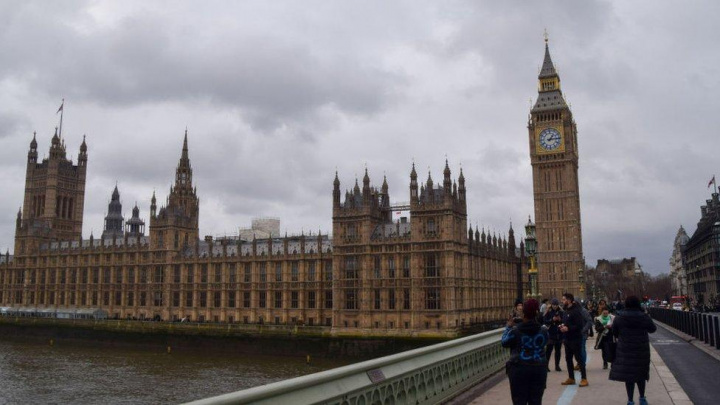
21:06 / 17.07.2025
British MPs form new group to strengthen ties with Central Asia
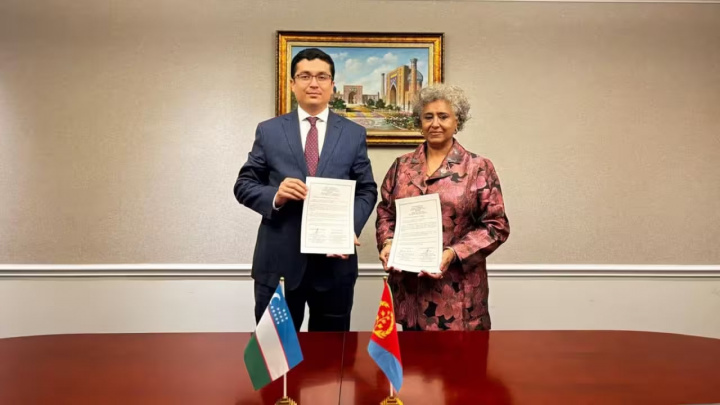
17:46 / 11.07.2025



